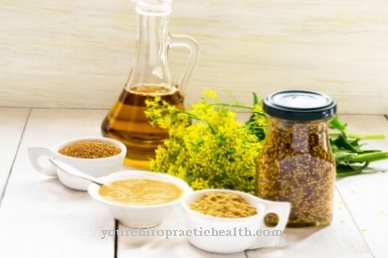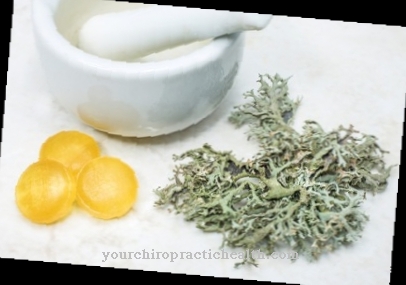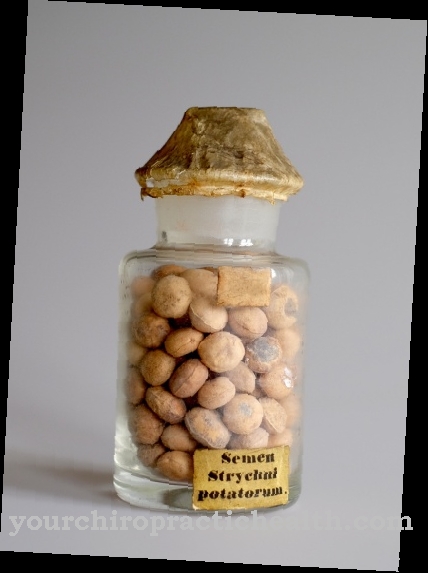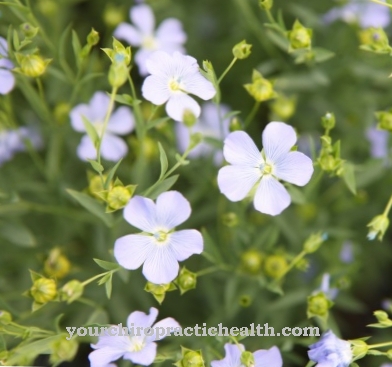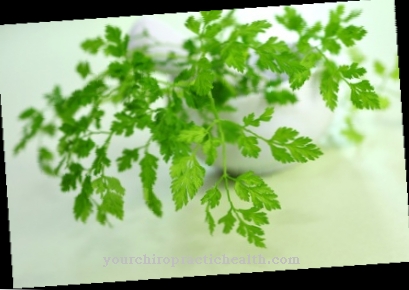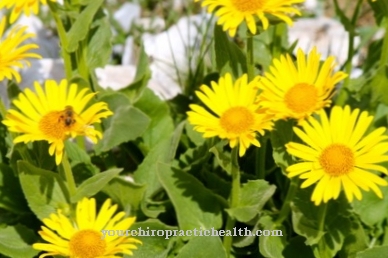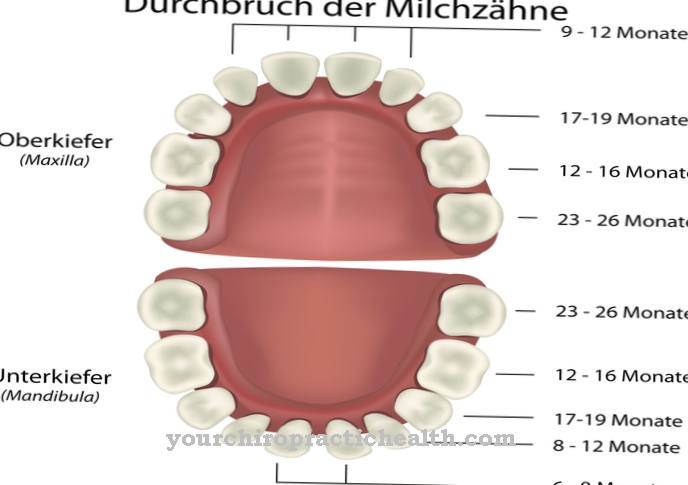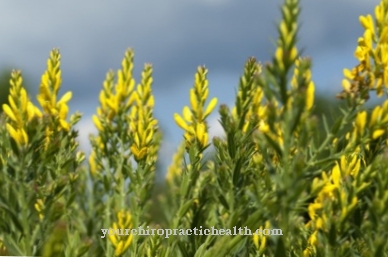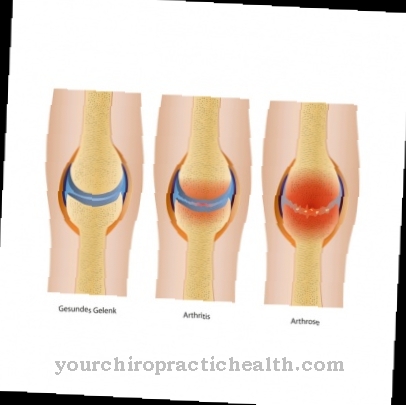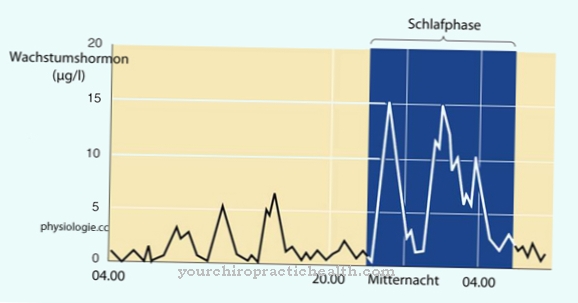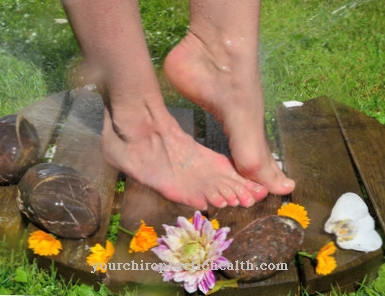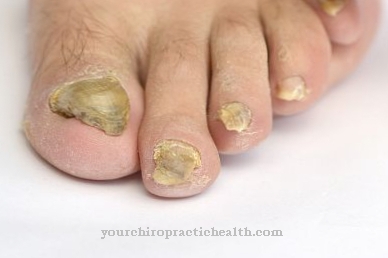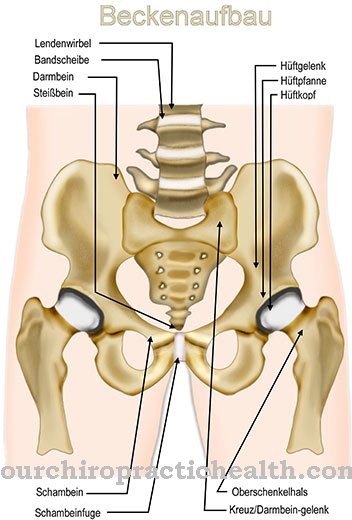Occurrence & cultivation of sweet clover

The branched stalk has long-stalked, threefold, elongated leaves with a sharply serrated edge, some of which are covered with fine hairs on the underside. The small, yellow flowers sit upright in long, loose bunches at the tips of the stems. Sweet clover blooms between June and September.
The closed legumes contain one or two seeds. Flowers and leaves give off a honey-like, sweetish scent that, when dry, resembles the odor of woodruff. Sweet clover tastes bitter, a bit hot and salty. The herb is native to Europe, North America, and Asia. In the wild, it grows mainly on lime-rich soil on paths, rain areas, quarries and rubble sites. In a cultivated form, it is grown as animal feed and bee pasture.
Sweet clover contains, among other things, coumarin, melilotic acid, melilotol, resin, flavonoids, saponins, tannins and essential oil. The above-ground parts of the plant, leaves and flowering shoots, which are collected between June and September, are used medicinally. These are processed fresh and dried.
Effect & application
Sweet clover can be used internally and externally. Internally, it alleviates complaints that accompany chronic diseases of the venous vascular system, such as leg cramps, swelling, redness, pain, heaviness in the extremities or circulatory disorders, and helps with liver and stomach problems.
Sweet clover can also be used to support the treatment of acute thrombosis and the associated phlebitis (thrombophlebitis) as well as varicose veins and post-thrombotic syndrome (consequential damage after venous thrombosis).
Due to its high proportion of coumarin, coumarin derivatives and tannin, sweet clover has a toning (strengthening) and sealing effect on the vein walls. It is therefore also used for lymphatic congestion and acute hemorrhoid attacks. The property of coumarin is used to have an anti-clotting effect. Melilotol also reduces inflammatory activity.
Naturopathy values sweet clover because of its sweat and diuretic, calming and sleep-promoting effects. The use as a gentle diuretic (flushing of water and the toxins dissolved in it from the body) goes back to the flavonoids. These have an edema-protective, vascular protective, antioxidant and anticarcinogenic effect.
In homeopathy, sweet clover is also administered internally for headaches, diseases of the central nervous system and coagulation disorders.
The correct dosage is of crucial importance when used internally: Excessive use can cause dizziness and vomiting as well as typical symptoms of intoxication. Excessive doses of coumarin are liver-toxic and carcinogenic. Overdosing can be avoided by using ready-made products such as capsules or tablets.
Externally, flowers and herbs are used to make softening, pain relieving, anti-inflammatory and dividing compresses for joint and glandular swellings, boils, ulcers and wounds. For softening compresses and washes, an infusion is made from 1 tablespoon of the crushed drug and ½ liter of water.
By applying poultices with sweet clover, targeted stimulation of pus formation in abscesses can be achieved.
Ointments, plasters, poultices and herbal pillows made from sweet clover, which are also recommended for rheumatic pain, have a similar effect.
Sweet clover has also proven itself in the treatment of bruises, sprains and superficial bruises.
Importance for health, treatment & prevention
Due to its combination of active ingredients, sweet clover has a wide range of applications. With the correct dosage, sustainable results are achieved effectively and gently.
Venous disease is one of the most common diseases in modern industrialized countries. In Germany every second to third person between the ages of 18 and 79 is affected by some form of venous disease. Women are at a significantly higher risk than men.
Spider veins, reticular veins, varicose veins, edema and venous leg ulcers are symptoms of a disturbed venous system that can lead to serious secondary diseases and pain.
Many factors favor the development of venous disorders. A genetic disposition, obesity, high blood pressure, sedentary lifestyle, pregnancy, frequent, prolonged standing and increasing age increase the risk.
Vascular dilatation is usually the cause. The venous valve no longer closes properly, blood flows back, the pressure in the vessels increases and they expand permanently. Vessels lying on the surface become externally visible as varicose veins, for example.
Sweet clover has a regulating effect on the vascular system. The combination of coumarin forms, flavonoids and tannins strengthens and contracts the blood vessels, preventing blood clotting. Melilotol also reduces or limits the risk of inflammation.
Sweet clover provides a complex of active ingredients that can be used in a therapy against venous disorders.
Sweet clover can only be given to a limited extent as a preventive measure. In order to prevent the development of venous diseases, care should be taken to ensure a healthy, wholesome diet, adequate exercise in the fresh air and adequate restful sleep. Alcohol, nicotine and excessive caffeine consumption as well as being overweight should be avoided. Cold sprinkles of Kneipp water strengthen the venous system and stimulate blood circulation.
In general, a natural preparation in the correct dosage is more easily accepted by the body and converted with fewer side effects. The overall constitution is decisive for the success of the therapy. Sweet clover can lead to sustainable healing success in combination with an appropriate lifestyle.

